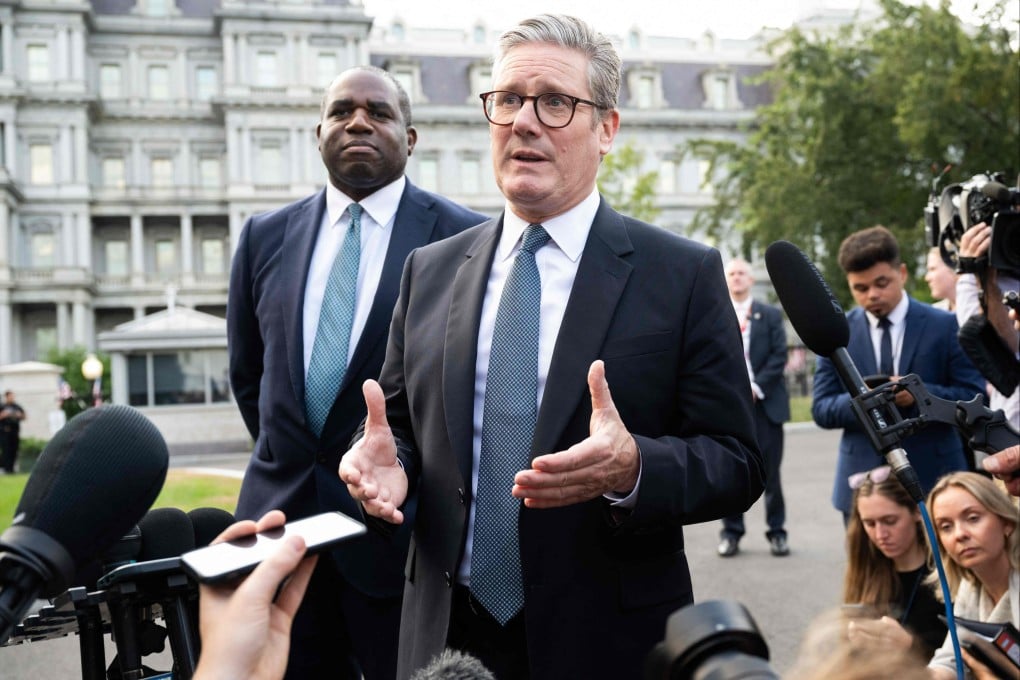Advertisement
Opinion | When it comes to China, Britain must play smart, not be emotional
If the West attempts to make China a pariah, the world’s second largest economy will be left with no option but to lean towards Russia
Reading Time:3 minutes
Why you can trust SCMP
11

Last week, Rishi Sunak, leader of Britain’s Conservative opposition, grilled Keir Starmer during a Prime Minister’s Questions session, starting with Taiwan, sweeping through the Jimmy Lai Chee-ying case in Hong Kong and ending his interrogation on issues of Russia-China relations and intelligence.
Starmer responded by setting out his government’s China policy framework: “cooperate, challenge, compete”. But a fourth C is needed to predict what a Labour-led Britain may seek out: consistency.
The previous Sunak government I served in had a very similar-sounding framework of “protect, align, engage” – so similar that I struggle with the semantical acrobatics. But the United Kingdom hit the reset button so many times that the other partner in this bilateral relationship could be forgiven for thinking we were having a political breakdown. There was no consistency whatsoever.
I agreed with former foreign secretary James Cleverly’s reluctance to define China using one word (at the time, hawks lobbied him to label it a threat). And whether it is “protect, engage, align” or “cooperate, challenge, compete”, the policies allow for nuance, breadth and depth in what British sinologist Kerry Brown determined was a bilateral relationship that showed the tectonic shifts in power more than any other diplomatic dance.
However, I do believe that one element will win out over the others, and therefore the adage that politics is all about choices comes to the fore. Which will it be for Labour, my new political party?

Last week, Britain’s Foreign Secretary David Lammy visited Beijing and Shanghai, aiming to establish a higher frequency of dialogue with his counterpart.
Advertisement
